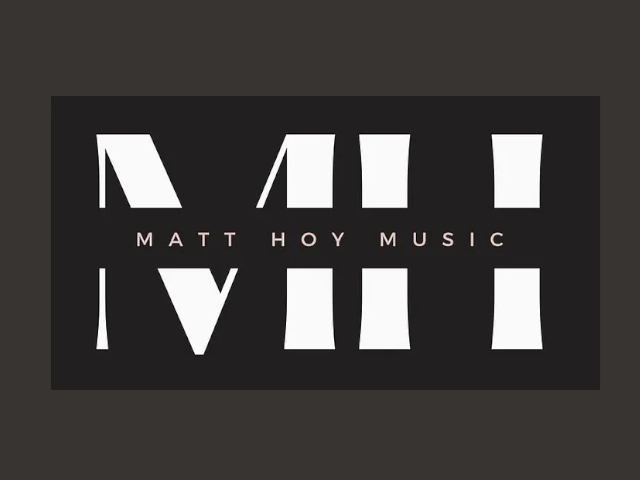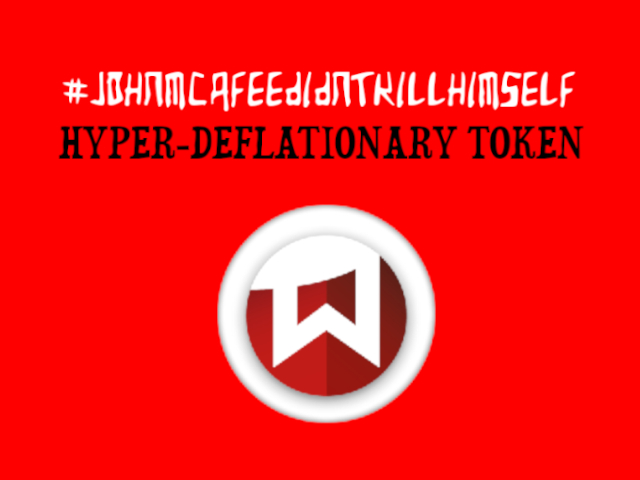REASON MAGAZINE EDITOR RUNS OFF THE RAILS
by Rob Loggia
Thursday, August 25, 2016
In a piece published in Reason Magazine, editor Jacob Sullum laments the fate of Gawker Media and suggests that the outcome could have a chilling effect on journalism. As a journalist himself, we can reasonably expect and indulge a certain level of protectionism from Sullum. However, it is just as reasonable to expect at least a bias-check from someone writing under a banner headlined "Reason." Those that do expect this will be disappointed after reading this collection of rationalizations, victim blaming and deliberate fallacy.
 At issue is the recent court judgment against Gawker in favor of Hulk Hogan. Gawker had, without obtaining consent, published a sex tape obtained from a third party, who also had filmed it without consent. The jury ruled in favor of Hogan, awarding him $135 million in collective damages. It was enough to put Gawker under, and Sullum argues that this is a bad thing that could affect responsible journalists.
At issue is the recent court judgment against Gawker in favor of Hulk Hogan. Gawker had, without obtaining consent, published a sex tape obtained from a third party, who also had filmed it without consent. The jury ruled in favor of Hogan, awarding him $135 million in collective damages. It was enough to put Gawker under, and Sullum argues that this is a bad thing that could affect responsible journalists.
One of the strongest indications of his unchecked bias cannot be appreciated until after the entire piece is digested. Only then - after a breath - can the full array of disjointed attacks be seen together and taken as a whole. Sullum has thrown everything including the kitchen sink at nearly everyone involved - Peter Thiel, Hulk Hogan, the jury - in an effort show that journalism as a public institution has been threatened by the outcome.
In the process, he outlines some defenses that even he must admit are not credible. But he goes on to offer even less credible arguments himself. Let's take a look at some of them.
First, Sullum implies (and later states outright) that Hulk Hogan's willingness to discuss his sexual exploits, and even the very incident in question, in public forums mitigates any emotional damage that he might have suffered by the unauthorized publication of the tape. Hearing this, one wonders if he believes a scantily clad woman who is raped suffers less emotional damage than a woman in a pantsuit who is also raped. Let's hope not.
We all discuss things, sometimes even in public settings, that we do not necessarily want people to visualize in the form of explicit photographs and videos. The willingness to do the former is not recognized, by law or by custom, to imply consent for obtaining and circulating the latter. This rationalization is a form of victim-blaming, which is a line of argument rejected by most reasonable people.
Sullum goes on to feign ignorance of the meaning of "the public interest" and what the implications are for journalism. He writes:
"The public clearly was interested in the Hulk Hogan sex tape, which generated more than 7 million page views. Whether the public should have been interested is a different question, and Thiel thinks his answer should be legally enforceable."
Unfortunately, whether or not the public should have been interested is not a different question, it is the only relevant question. This question strikes at the very definition of "public interest" that is intended to be used when evaluating questions of public policy and journalistic ethics. It has everything to do with the well being of the public, and the protection of each of us from harm caused by others, and nothing to do with what the mob demands. 150 million page views would have made no stronger a case for the relevant form of "public interest" being in jeopardy.
 But let's take Sullum's favored definition and see where it leads. It would be within the realm of credible thought to imagine that a good number of people would have an interest in seeing Taylor Swift sans any clothing. If she chose to make such images available, it is a reasonable guess that a magazine with that content would sell very well. Using Sullum's definition of "public interest" we can easily find a justification for a "journalist" planting a camera behind the mirror in her hotel room, or buying and publishing photos from a third party that did this.
But let's take Sullum's favored definition and see where it leads. It would be within the realm of credible thought to imagine that a good number of people would have an interest in seeing Taylor Swift sans any clothing. If she chose to make such images available, it is a reasonable guess that a magazine with that content would sell very well. Using Sullum's definition of "public interest" we can easily find a justification for a "journalist" planting a camera behind the mirror in her hotel room, or buying and publishing photos from a third party that did this.
Perhaps we should ask Jennifer Lawrence whether or not that should be considered an invasion of the right to privacy. After all, she was put in a similar situation. Of course, reasonable people don't really need to ask - we already recognize that such behavior is unacceptable, whether done by a journalist or otherwise.
Having worked tirelessly to place the blame for the incident at Hogan's feet for daring to be a public figure and talking about sensitive subjects, and having named journalists as the arbiters of who should be comfortable disclosing what, and on what terms, Sullum turns his attention to Peter Thiel. After all, he bankrolled the lawsuit.
Here even Sullum has a difficult time accepting the given justifications for Gawker "outing" Thiel years prior to the Hogan incident. That he had shared the information with family and close friends is no one's business, and cannot possibly justify any further invasion of his privacy. Nor was "outing" him a necessary component of discussing a tendency among venture capitalists to be "too cautious" in sharing their sexual preferences with the public. Incredibly these were some of the tenuous and torturous arguments employed by the defense.
 But Sullum does take umbrage with the apparent motivation of revenge by Thiel. It bothers him that people acting with this motive among their considerations can shut down journalists through litigation. This is certainly fair enough - there is an ugliness that is associated with revenge and it can certainly lead to some terrible outcomes. But it has absolutely no bearing on the merits of this case. Revenge may well have been among Thiel's motivations, but in this case his act of revenge has provided a powerful check in favor of the public interest, the real public interest.
But Sullum does take umbrage with the apparent motivation of revenge by Thiel. It bothers him that people acting with this motive among their considerations can shut down journalists through litigation. This is certainly fair enough - there is an ugliness that is associated with revenge and it can certainly lead to some terrible outcomes. But it has absolutely no bearing on the merits of this case. Revenge may well have been among Thiel's motivations, but in this case his act of revenge has provided a powerful check in favor of the public interest, the real public interest.
The right to privacy is a natural right, and is fundamental to human dignity and the stability of free society. A person may choose to go naked where acceptable, or to publish their darkest thoughts in the form of poetry, or to broadcast a 24 hour live stream of their life. But it is in the public interest to ensure that no one is forced to do so against their will. That what we choose to keep private, stays private. And this applies even to people that work in the public spotlight.
The willful invasion of this privacy is akin to rape, a violation of the consensual basis upon which we all are supposed to do business with each other. It is aggression - violence - and not journalism. And an editor at Reason Magazine should certainly know the difference. The public has a right to expect journalists to know the difference, and should applaud any effort by private citizens to check mission creep on their part, regardless of their private motivations.
 At a time when the right to privacy is under attack from all sectors - when indeed the concept is facing an existential crisis - we do not need additional inroads made in the name of "journalism." Why not take
At a time when the right to privacy is under attack from all sectors - when indeed the concept is facing an existential crisis - we do not need additional inroads made in the name of "journalism." Why not take
on the many genuine chilling effects on legitimate, useful journalism, among them the menaces of groupthink and the establishment echo chamber that pervades the media today.
I usually try very hard to mitigate my own biases when examining a subject, even when giving an opinion. But in the spirit of giving free reign to our personal biases, allow me to make manifestly clear where I stand on this issue.
Gawker whatcha gonna do when Paypal Peter, the natural right to privacy and the 24" pythons run wild on you?!







